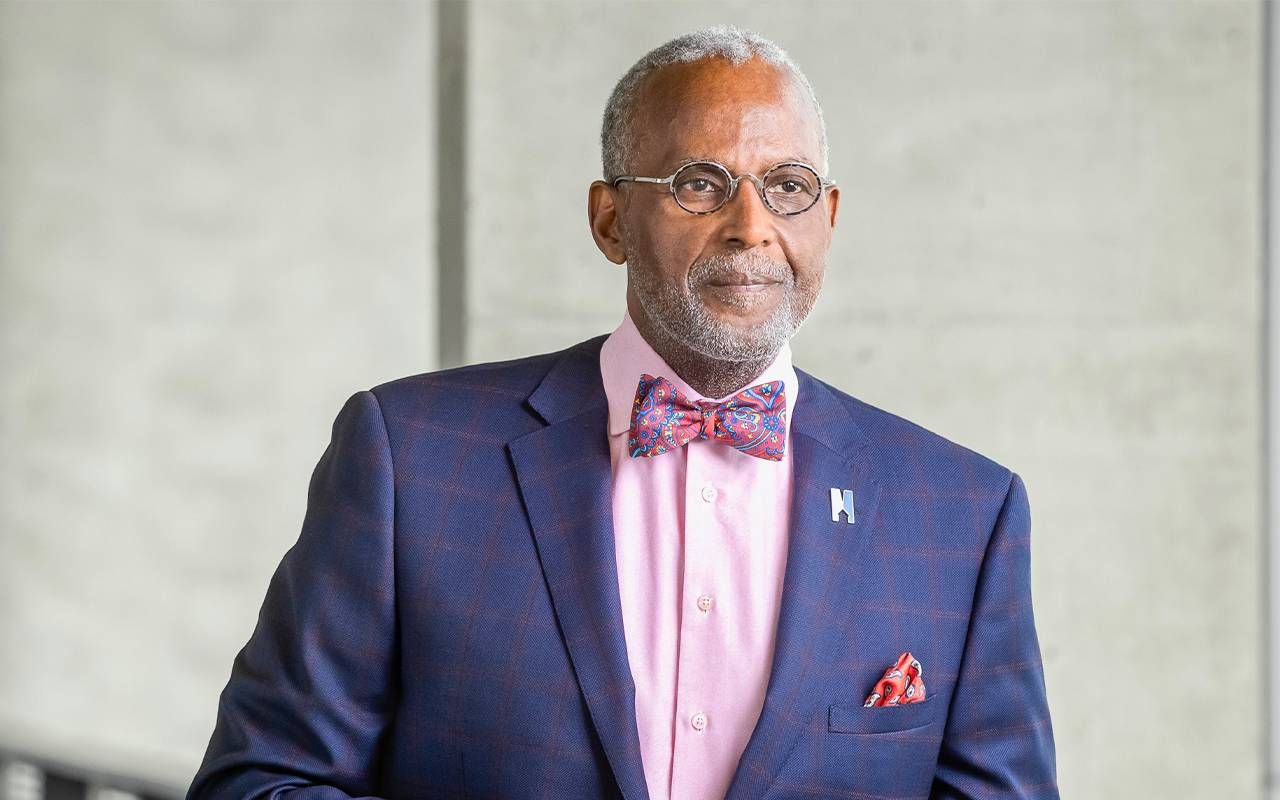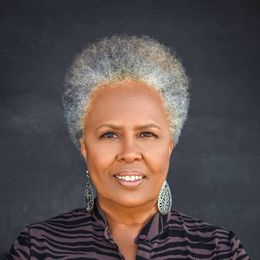Aging While Black
Raymond A. Jetson is seeking to tap the wisdom of Black elders and find solutions to social, economic and political inequalities they face
Raymond A. Jetson has already lived 13 years longer than his father did.
"I am consumed by the notion of why I was given these years my father didn't get," said Jetson, 67, founder of Aging While Black, (AWB) a platform that explores the distinctive experiences of Black people growing older in America.

A longtime civic and community activist in Baton Rouge, Louisiana, he sought to address the "intersection of aging and race," the reality that Black elders experience worse health outcomes, shorter lives and more economic hardships than their white counterparts. Then, when the national dialogue turned to the huge demographic shift in aging, Jetson noticed that the voices of Black people were missing.
"How do you create sustained actions that lead to substantial change and elevate the voices of Black elders in America?"
"I thought it important to raise my hand and make note of the fact there are some distinctions connected to aging and being Black," said Jetson, a former fulltime pastor and state representative, who was also named a Next Avenue Influencer in Aging in 2021.
Jetson founded Aging While Black to magnify and assist in identifying solutions for some of the unique challenges Black elders face due to the social, economic and political inequalities they've experienced throughout their lives.
"The goal of Aging While Black is not to just be a resource for information," said Jetson. "We've asked: How do you create sustained actions that lead to substantial change and elevate the voices of Black elders in America?"
AWB suggests the use of "three pillars" to address the needs of aging members of the Black community:
1. Recalibrating the village using already existing sororities, fraternities, faith institutions and other community organizations to prepare for the expected population boom of Black folks over 60.
2. Embracing innovation and rapid change by exploring ways technology can be used to enhance the lives of Black elders. (As an example, Jetson mentions reading of a program in North Korea where technology is used to check on the well-being of people.)
3. Leaning into the spirit of Sankofa, an African principle that says we remember the past to improve the present and make positive progress in the future.
Embodying Sankofa means finding ways to intentionally capitalize on the wisdom of elders, said Jetson. He wants AWB to become a platform that allows this kind of networking as well as provides a means of sharing other resources.
Dr. Fayron Epps, Associate Professor of Nursing at Emory University, said Jetson is building community. "Raymond is recognizing a problem in the Black community and is moving forward with addressing these problems to improve outcomes," she said.
Already, Jetson has used AWB to spread the word about Epps's work that includes an online education class called "Caregiving While Black."
"Raymond is an innovative and courageous leader in this space, as he is taking action on issues that many people do not want to address," said Epps.
Jetson has done similar work at MetroMorphosis, a non-profit he founded in 2012 to help solve problems faced by residents of inner-city neighborhoods.
Elders Share Wisdom
Through MetroMorphosis he established an Urban Elders Council as a resource that allows older community members to offer their wisdom and experience to assist their neighbors. And he practices intergenerational co-leadership, sharing the helm of the organization with his millennial partner, Sherreta Harrison.
"If all Ray does is elevate awareness about the challenges and disparities, not only the negatives but the hopes and responsibilities, that is a success."
Harrison, 39, said Jetson is somewhat of a "rock star" in Baton Rouge, having been born into a family with a legacy of community work.
"He often says he feels he has to do something with the years he has been given," she said. "AWB is his exploration on why it is such an anomaly to be a Black elder, but also the joys of exploring Black elderhood."
Paul Irving met Jetson when they were both Advanced Leadership Initiative Fellows at Harvard in 2010. Irving, a senior advisor at the Milken Institute and distinguished scholar in residence at the University of Southern California Leonard Davis School of Gerontology, said he is encouraged by the work of AWB.
"If all Ray does is elevate awareness about the challenges and disparities, not only the negatives but the hopes and responsibilities, that is a success," said Irving.
Tapping Elders' Experience
Jetson said he believes aging should be a community experience, where all members and institutions in the community respond to the needs of its older population. This must be done, he insists, in a way that provides an equal quality of life for all and recognizes the value of Black elders.
"We want to change the narrative that says these are people who need to be ushered off into retirement," said Jetson. "These are people with vast reservoirs of knowledge and experience and if properly situated can strengthen our communities, organizations and families."


